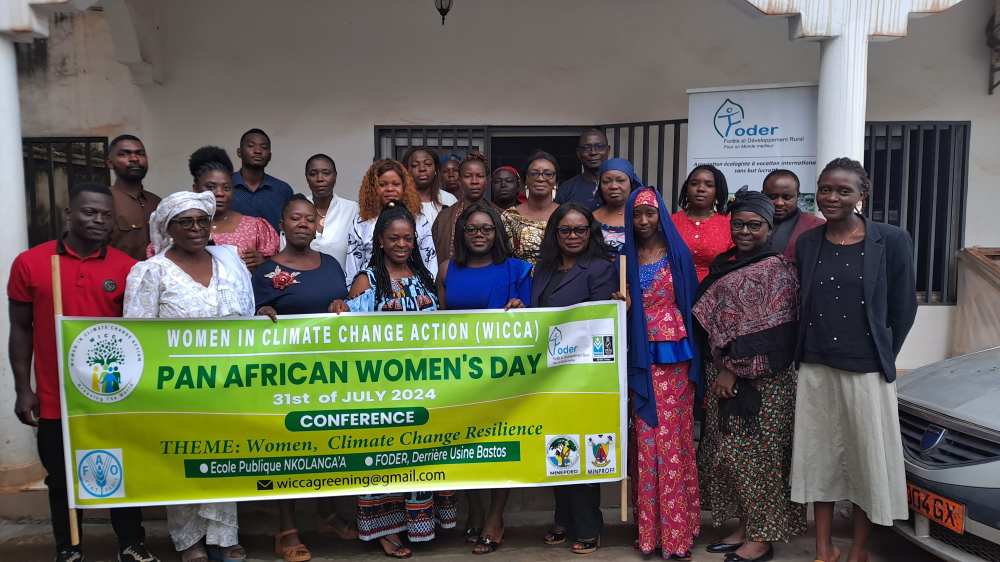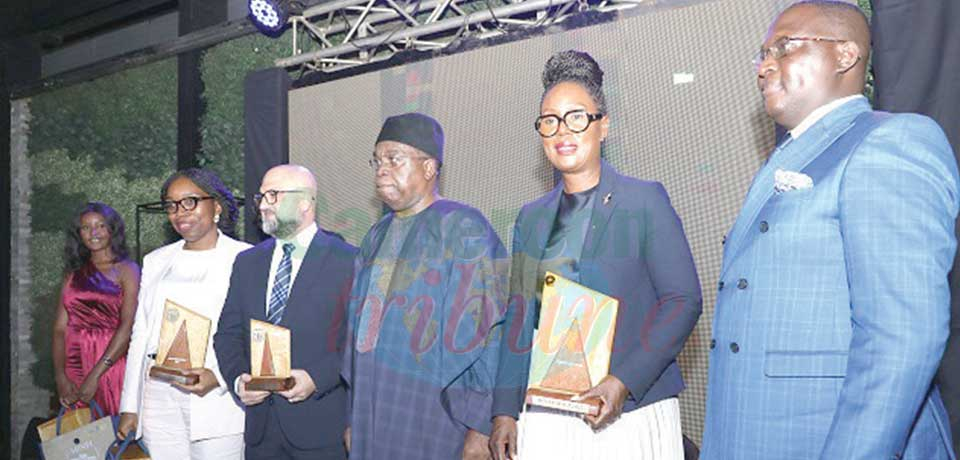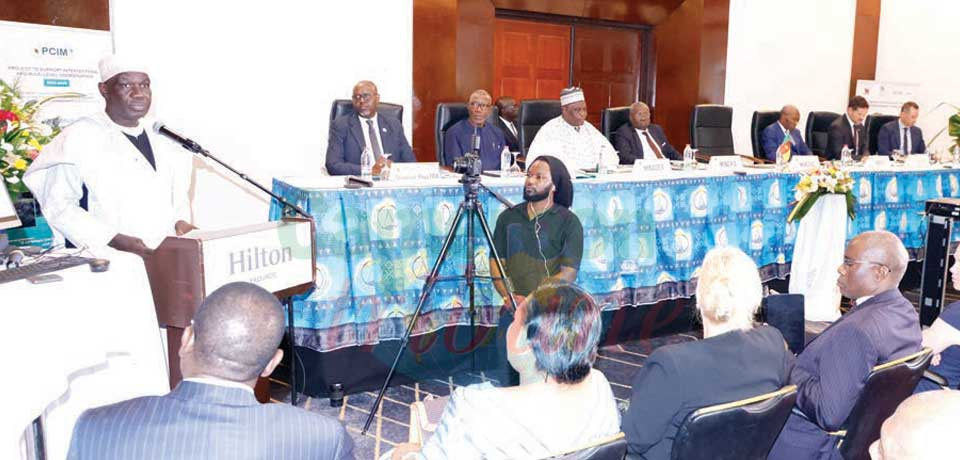Climate Change Effects : So That Women May Become More Resilient
- Par Kimeng Hilton
- 31 Jul 2024 14:46
- 0 Likes

A two-day workshop to raise awareness on the plight of women – who, as the backbone of the economy, are vulnerable to climate change impacts - ended in Yaounde on July 31, 2024.
“Forêts et Développement Rural,” FODER association on July 31, 2024 in Yaounde hosted a two-day workshop to empower women as part of activities to commemorate the 62nd Pan-African Women’s Day. The workshop, lasting from July 30-31, 2024, was organized by FODER and Women in Climate Change Africa, WICCA. With the support of other organisations and Non-governmental Organisations, NGOs. The second day of the workshop was hosted by FODER as part of its two projects: « Ecosystème Nord: Vers une approche intégrée du paysage », EcoNorCam and « Renforcement de l’engagement des acteurs locaux dans la gouvernance des ressources naturelles », Real GRNS.
More Resilient Women
With the theme, “Women, resilience to climate change,” the workshop had as objective to raise awareness on the plight of women, who as the backbone of the economy, are vulnerable to climate change impacts. Specifically, the workshop sought to educate women on the overlooked impacts of climate change; and to enhance their capacity to adapt to changing climate. As well as to manage the effects of changing weather patterns.
Urban Market Gardening
The workshop comprised capacity-building on urban market gardening, interactive discussions and knowledge-sharing on sustainable agriculture. Earlier on July 30, 2024, the first part of the workshop held in Nkolanga’a on the outskirts of the Cameroonian capital, Yaounde. It focused on building the capacity of women on urban market gardening.
Climate Change Impact On Women
Workshop participants were women farmers, entrepreneurs and traders from rural and urban areas. While resource persons were experts from health, agriculture, climate change, and national and international organizations. The sub themes of the workshop included the impact of climate change on rural women’s economic activities and women’s mental health. As well as climate change and Gender-based Violence, GBV in rural areas, and the place of local and traditional knowledge in enhancing rural women’s resilience to climate change. There were also presentations on the impact of climate change on food production, urban agriculture/green economy, climate change and mental health, chemicals in the food production chain, and interaction with participants.
Constraints To Women’s Wellbeing
“This day allows African women to discuss the major constraints to their wellbeing and the development of the continent. FODER and Women in Climate Change Action, WICCA decided on this occasion to celebrate women by organizing a women's empowerment workshop on the theme, “Women, resilience to climate change,” explained FODER Coordinator, Justin Kamga in a speech delivered on his behalf by FODER’s Communication Assistant, Rachel Natacha Ngo Nwaha.
Extreme Weather Conditions
“…for several years, our world in general and our continent in particular has been facing climate changes accompanied by a general increase in average temperatures, which leads to a reduction in precipitation. These changes have an impact on our daily lives and our lifestyles. Women are the first victims of these climate changes because like all other humanitarian and development challenges, climate change amplifies structural inequalities,” Kamga said.
Climate-sensitive Livelihoods
“Indeed, many women in Africa rely primarily on climate-sensitive livelihoods, such as family farming and small-scale trading. In Cameroon, women contribute more than 55.8% to agri-food production and work on the land by women represents up to 40% of GDP. We can thus say that the effects of climate change include the reduction in rainfall, the increase in temperatures which inevitably lead to droughts and recurring floods which have a negative impact on agricultural yields, and have consequences on food security. Women being the basis of agricultural production in our country, the effects of climate change are felt on the income of rural households due to low agricultural yields,” Justin Kamga noted.
Urban Agriculture, Organic Fertilizers
“In order to raise awareness on the impact of climate change on African women, FODER and WICCA decided to strengthen the capacities of women on resilience to climate change. For two days, the women were trained in urban gardening and the manufacture of organic fertilizers. The second day focused on presentations of topics related to the theme with the aim of raising women's awareness on the impacts of climate change and above all, transmitted techniques for managing the effects of climate change,” concluded FODER’s Coordinator.
Effective Response To Climate Change
According to Aisha Mama, journalist and President of Women in Climate Change Action, a coalition of 17 Non-governmental Organisations, WICCA works for an effective response to climate change. “Rural women, who are mostly farmers, suffer the most from the effects of climate change such as extreme weather conditions - droughts, storms, floods… About 70 per cent of rural women in Cameroon are responsible for producing 90 per cent of the food we consume in the cities,” Aisha Mama said.
Women, More Vulnerable To Climate Change
“Extreme weather conditions affect agriculture thereby rendering women more vulnerable, affecting their livelihoods and resulting in stress and mental crises, displacements, other social crises, violence at home, etc. WICCA raises awareness amongst women on the challenges of climate change for them to better understand the situation and seek possible solutions,” she stressed.
Adaptation Techniques
“We educate women and train them in some adaptation techniques like urban agriculture - which does not demand any land. This is practised in used vehicle tyres using manure. This enables women to produce safe food for their families and public consumption,” Aisha Mama pointed out.
Déjà abonné ?
Identifiez-vous >
Cet article complet est réservé aux abonnés
Accédez en illimité à Cameroon Tribune Digital à partir de 26250 FCFA
Je M'abonne
1 minute suffit pour vous abonner à Cameroon Tribune Digital !














Commentaires